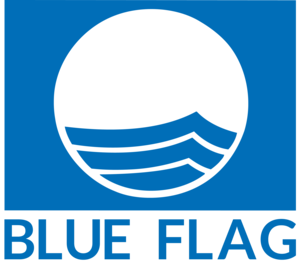Context: Kerala’s Kappad Beach in Kozhikode and Chal Beach in Kannur have received the prestigious Blue Flag certification for meeting high environmental and safety standards.
About Blue Flag Certification
- The Blue Flag Programme started in France in 1985.
- It is run by the Foundation for Environmental Education and is headquartered in Copenhagen, Denmark.
- It is awarded to beaches that meet 33 criteria in environmental, educational, safety, and accessibility aspects.
- The four key categories for certification are:
- Water quality
- Environmental management
- Environmental Education
- Safety
- Foundation for Environment Education (FEE) accords the globally recognized eco-label – Blue Flag certification.
- FEE ensures that the high standards of the Blue Flag certification are consistently maintained worldwide.
- To qualify for this prestigious award, a series of stringent environmental, educational, safety-related, and access-related criteria must be met and maintained.
- The mission of Blue Flag is to promote sustainability in the tourism sector, through environmental education, environmental protection and other sustainable development practices.
- It encourages environmental education and sustainable management of beaches, marinas and boating operators worldwide.
- The other Indian beaches in the blue list are:
| State/Region | Beach Name |
| Gujarat | Shivrajpur |
| Diu | Ghoghla |
| Karnataka | Kasarkod, Padubidri |
| Kerala | Kappad |
| Andhra Pradesh | Rushikonda |
| Odisha | Golden |
| Andaman and Nicobar | Radhanagar |
| Tamil Nadu | Kovalam |
| Puducherry | Eden |
| Minicoy Thundi Beach | Lakshadweep |
| Kadmat Beach | Lakshadweep |

